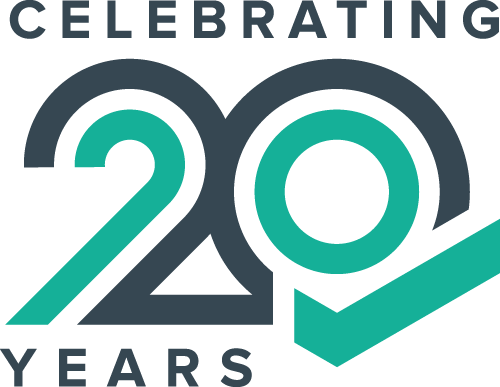Timeline blog: 2014 - 2015 - a new framework from Ofqual and the Paris Climate Accord
07 Jun 2024
In 2014 LCL Awards continued to work on developing new qualifications, with its first qualification, BS7671 Wiring Regulations, receiving recognition on the Ofqual’s RITS register.
In the wider world, global warming was top of the agenda and at the UN Climate Change Conference (COP21), held in Paris on 12 December 2015, 196 countries signed up to a legally binding treaty to limit its effects. It was a landmark event - the first-time nations had come together to tackle and adapt to climate change. Those countries that signed, pledged to cut emissions in an effort to stall the rise of world-wide temperatures.
The aim of the Paris Accord was to stop temperatures rising 2°C above pre-industrial levels by 2050, however since then, scientists have been urging further cuts. A rise of no more than 1.5°C by the end of this century is thought necessary if we are to prevent the catastrophic impacts of droughts, heatwaves, and excessive rainfall.
This is sobering and a UN report published last September, suggest we’re way off target. To fulfil the pledge made in 2015, the report states that, based on 2019 emissions levels, we will need to reduce greenhouse gas emission by 43% by 2030 and 60% by 2035 if we are to reach net zero by 2050.
On the high-street, a European directive to help consumers understand the importance of energy efficiency came into effect in 2015, in the shape of the ErP (Energy Related Products) system. Household appliances were rated in terms of their emissions and environmental impact with a sticker showing the rating displayed prominently on each. This provided consumers with a quick visual reference to respond to the environmental impact of whatever they chose to buy.
In an effort to further improve the quality and variety of qualifications across in England, Wales and Northern Ireland, Ofqual replaced their Qualification Credit Framework (QCF), with a Regulated Qualification Framework (RQF).
It had been decided, following a detailed review and period of consultation in the summer of 2014, that the QCF focussed too much on the outcomes that awarding organisations were required to achieve rather than establishing a set of guidelines to help them design and structure qualifications more effectively. This change in Ofqual’s approach gave Logic Certification more freedom to design its own qualifications, focussed on good training and educational outcomes that met the users’ needs with fewer constraints.

In 2014 LCL Awards continued to work on developing new qualifications, with its first qualification, BS7671 Wiring Regulations, receiving recognition on the Ofqual’s RITS register.
In the wider world, global warming was top of the agenda and at the UN Climate Change Conference (COP21), held in Paris on 12 December 2015, 196 countries signed up to a legally binding treaty to limit its effects. It was a landmark event - the first-time nations had come together to tackle and adapt to climate change. Those countries that signed, pledged to cut emissions in an effort to stall the rise of world-wide temperatures.
The aim of the Paris Accord was to stop temperatures rising 2°C above pre-industrial levels by 2050, however since then, scientists have been urging further cuts. A rise of no more than 1.5°C by the end of this century is thought necessary if we are to prevent the catastrophic impacts of droughts, heatwaves, and excessive rainfall.
This is sobering and a UN report published last September, suggest we’re way off target. To fulfil the pledge made in 2015, the report states that, based on 2019 emissions levels, we will need to reduce greenhouse gas emission by 43% by 2030 and 60% by 2035 if we are to reach net zero by 2050.
On the high-street, a European directive to help consumers understand the importance of energy efficiency came into effect in 2015, in the shape of the ErP (Energy Related Products) system. Household appliances were rated in terms of their emissions and environmental impact with a sticker showing the rating displayed prominently on each. This provided consumers with a quick visual reference to respond to the environmental impact of whatever they chose to buy.
In an effort to further improve the quality and variety of qualifications across in England, Wales and Northern Ireland, Ofqual replaced their Qualification Credit Framework (QCF), with a Regulated Qualification Framework (RQF).
It had been decided, following a detailed review and period of consultation in the summer of 2014, that the QCF focussed too much on the outcomes that awarding organisations were required to achieve rather than establishing a set of guidelines to help them design and structure qualifications more effectively. This change in Ofqual’s approach gave Logic Certification more freedom to design its own qualifications, focussed on good training and educational outcomes that met the users’ needs with fewer constraints.

